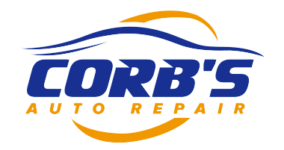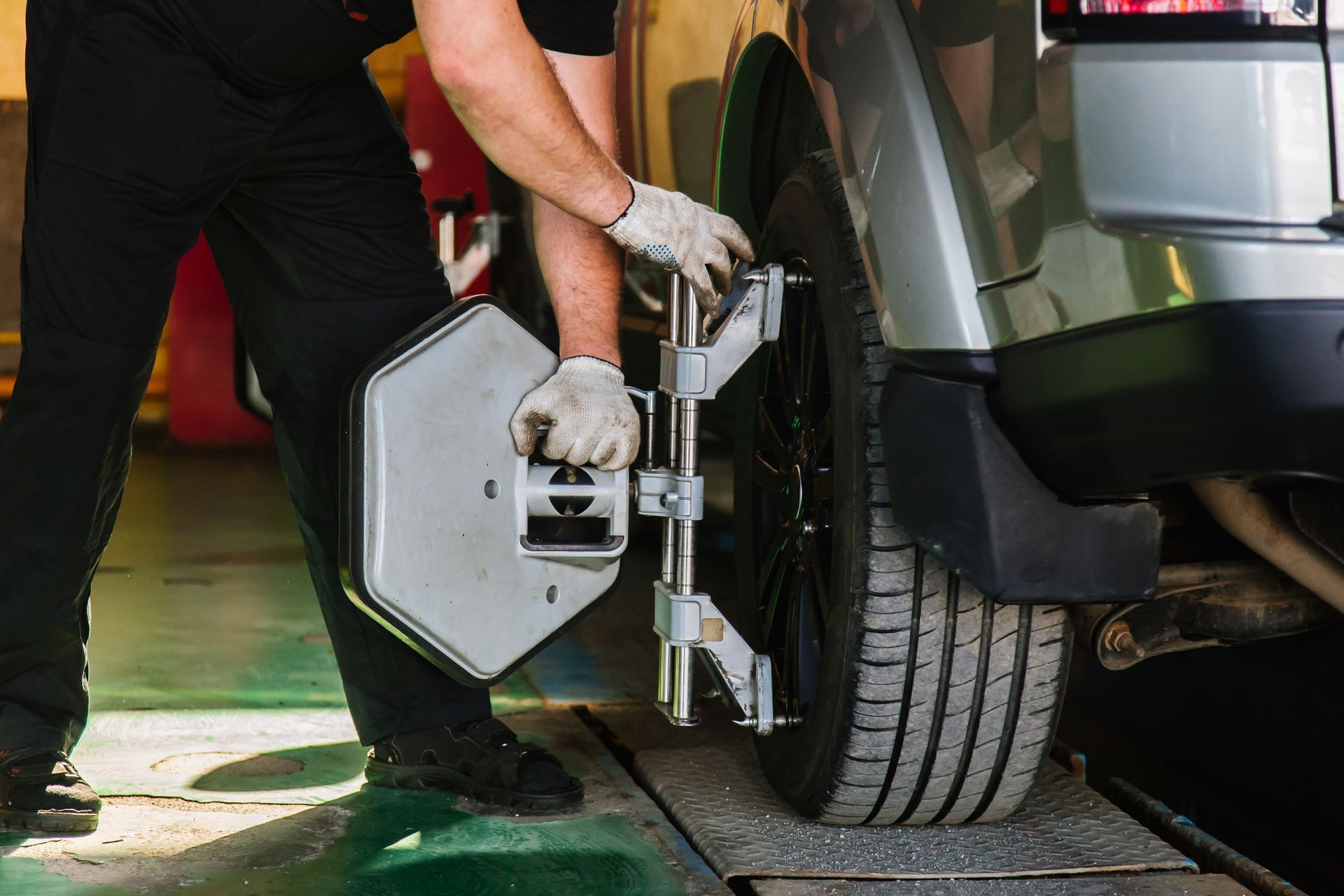The Science Behind Brake Pad Materials: What You Need to Know
When it comes to automotive safety, your vehicle's braking system is one of the most critical components. At Corb's Auto Repair LLC in Cypress, TX, we understand the importance of maintaining your brakes to ensure optimal performance and safety. A crucial part of this maintenance is understanding the different types of brake pad materials and how they impact your vehicle's performance. In this article, we will dive into the science behind brake pad materials, providing you with the knowledge needed to make informed decisions about your vehicle's braking system.
Understanding Brake Pads: The Basics
Brake pads are an essential part of your vehicle’s braking system, converting kinetic energy into thermal energy to slow down or stop your vehicle. When you press the brake pedal, hydraulic fluid is pushed through the brake lines, forcing the brake calipers to squeeze the brake pads against the rotors. The friction created between the brake pads and the rotors is what slows down your vehicle. The efficiency and effectiveness of this process are largely dependent on the material of the brake pads.
Types of Brake Pad Materials
There are four primary types of brake pad materials: organic, semi-metallic, ceramic, and low-metallic NAO (non-asbestos organic). Each of these materials offers different benefits and drawbacks, which we’ll explore below.
1. Organic Brake Pads
Organic brake pads, also known as non-asbestos organic (NAO) pads, are made from a mixture of fibers, rubber, carbon, glass, and resins. These materials are bound together with a resin that holds the components in place.
Pros:
- Quiet Operation: Organic brake pads are known for their quiet performance, making them an excellent choice for drivers who prioritize comfort.
- Soft on Rotors: These pads are softer than other types, reducing wear on the rotors.
- Affordable: Typically, organic pads are the most budget-friendly option.
Cons:
- Shorter Lifespan: Organic pads wear out faster due to their softer material composition.
- Less Heat Resistant: They are more prone to fading under high temperatures, which can reduce braking efficiency.
2. Semi-Metallic Brake Pads
Semi-metallic brake pads are composed of metal fibers (such as steel, copper, and iron) mixed with organic materials. These pads are a popular choice due to their balance of performance and durability.
Pros:
- Durability: The metal content in these pads makes them more durable and long-lasting.
- Heat Dissipation: Semi-metallic pads are excellent at dissipating heat, which enhances braking performance during high-intensity driving.
- Performance: These pads offer strong braking power, making them suitable for a wide range of vehicles, including performance cars.
Cons:
- Noise: Semi-metallic pads can be noisier compared to organic or ceramic options.
- Rotor Wear: The metal components can cause more wear on the rotors over time.
- Dust: These pads tend to produce more brake dust, which can dirty your wheels.
3. Ceramic Brake Pads
Ceramic brake pads are made from a mixture of ceramic fibers, bonding agents, and small amounts of metal. These pads are known for their excellent performance and longevity.
Pros:
- Longevity: Ceramic pads are incredibly durable, often lasting longer than organic or semi-metallic pads.
- Quiet Operation: These pads are quieter, providing a more comfortable driving experience.
- Low Dust: Ceramic pads produce less brake dust, keeping your wheels cleaner.
- Heat Management: They perform well under high temperatures, making them ideal for high-performance vehicles.
Cons:
- Cost: Ceramic pads are generally more expensive than other types.
- Rotor Wear: While softer than semi-metallic pads, they can still contribute to rotor wear, especially in heavy-duty applications.
- Performance in Cold: Ceramic pads might not perform as well in extremely cold conditions, potentially reducing braking efficiency.
4. Low-Metallic NAO Brake Pads
Low-metallic NAO pads are similar to organic pads but with a small amount of added metal to improve performance. They offer a balance between organic and semi-metallic pads.
Pros:
- Improved Performance: The added metal improves braking performance compared to fully organic pads.
- Good Heat Dissipation: These pads manage heat better than organic pads, reducing fade.
- Affordable: Typically more affordable than ceramic pads.
Cons:
- Noise: The metal content can increase noise levels.
- Dust: These pads may produce more brake dust than ceramic pads.
Choosing the Right Brake Pad Material for Your Vehicle
Selecting the right brake pad material for your vehicle depends on various factors, including your driving habits, the type of vehicle you drive, and your budget. At Corb's Auto Repair LLC in Cypress, TX, we often recommend different materials based on these considerations:
- Daily Commuting: For drivers who primarily use their vehicles for daily commuting in Cypress, TX, organic or ceramic pads are often the best choice. They offer quiet operation and are gentle on rotors, making them ideal for stop-and-go traffic.
- Performance Driving: If you drive a high-performance vehicle or enjoy spirited driving, semi-metallic or ceramic pads are recommended for their superior heat management and braking power.
- Heavy-Duty Use: For trucks, SUVs, or vehicles frequently used for towing, semi-metallic pads are a solid choice due to their durability and performance under load.
Maintaining Your Brake Pads
Regular maintenance of your brake pads is crucial to ensure they function correctly. At Corb's Auto Repair LLC, we suggest the following maintenance tips:
- Regular Inspections: Have your brake pads inspected during every oil change. This helps catch wear and tear early.
- Listen for Noises: Squealing or grinding noises can indicate that your brake pads need replacement.
- Pay Attention to Brake Feel: If your brakes feel less responsive or you notice increased stopping distances, it might be time to replace the pads.
- Check Brake Dust: Excessive brake dust on your wheels can be a sign of worn pads.
Why Choose Corb's Auto Repair LLC for Your Brake Service?
At Corb's Auto Repair LLC in Cypress, TX, we take pride in our expertise and commitment to customer satisfaction. Our team of experienced technicians is here to help you choose the right brake pads for your vehicle and ensure they are installed correctly for optimal performance. We use only high-quality parts and follow industry best practices to provide you with the best possible service.
Whether you're in need of a brake inspection, replacement, or full brake service, Corb's Auto Repair LLC is your trusted partner in Cypress, TX. Our knowledgeable staff is here to answer any questions you have and guide you through the process, ensuring your vehicle remains safe and reliable on the road.
Understanding the science behind brake pad materials can significantly impact your vehicle’s performance and safety. By choosing the right brake pads and maintaining them properly, you can enhance your driving experience and extend the life of your braking system. At Corb's Auto Repair LLC in Cypress, TX, we are dedicated to providing you with the information and services you need to keep your vehicle in top condition. Visit us today to learn more about our brake services and how we can help you maintain your vehicle.








